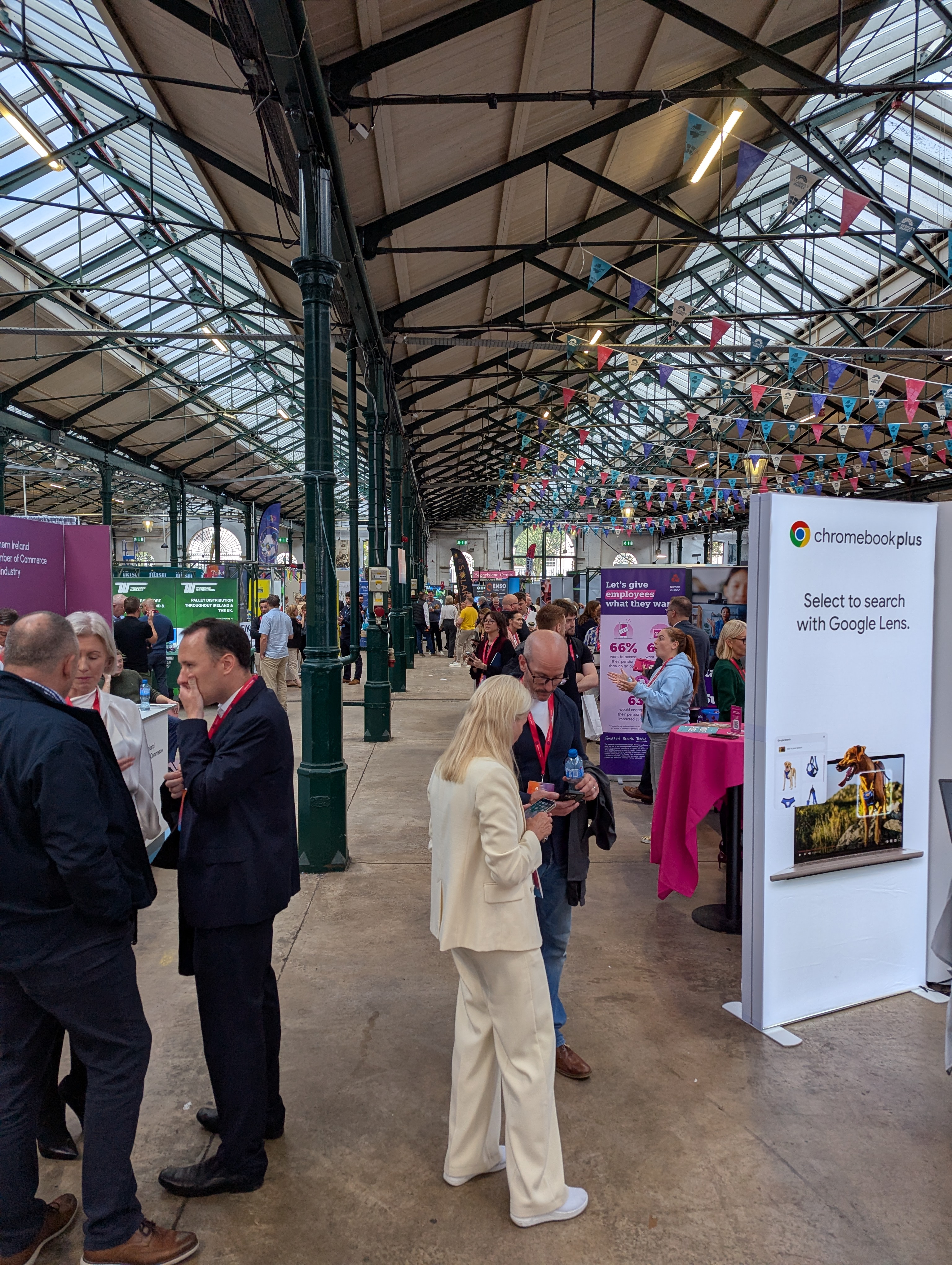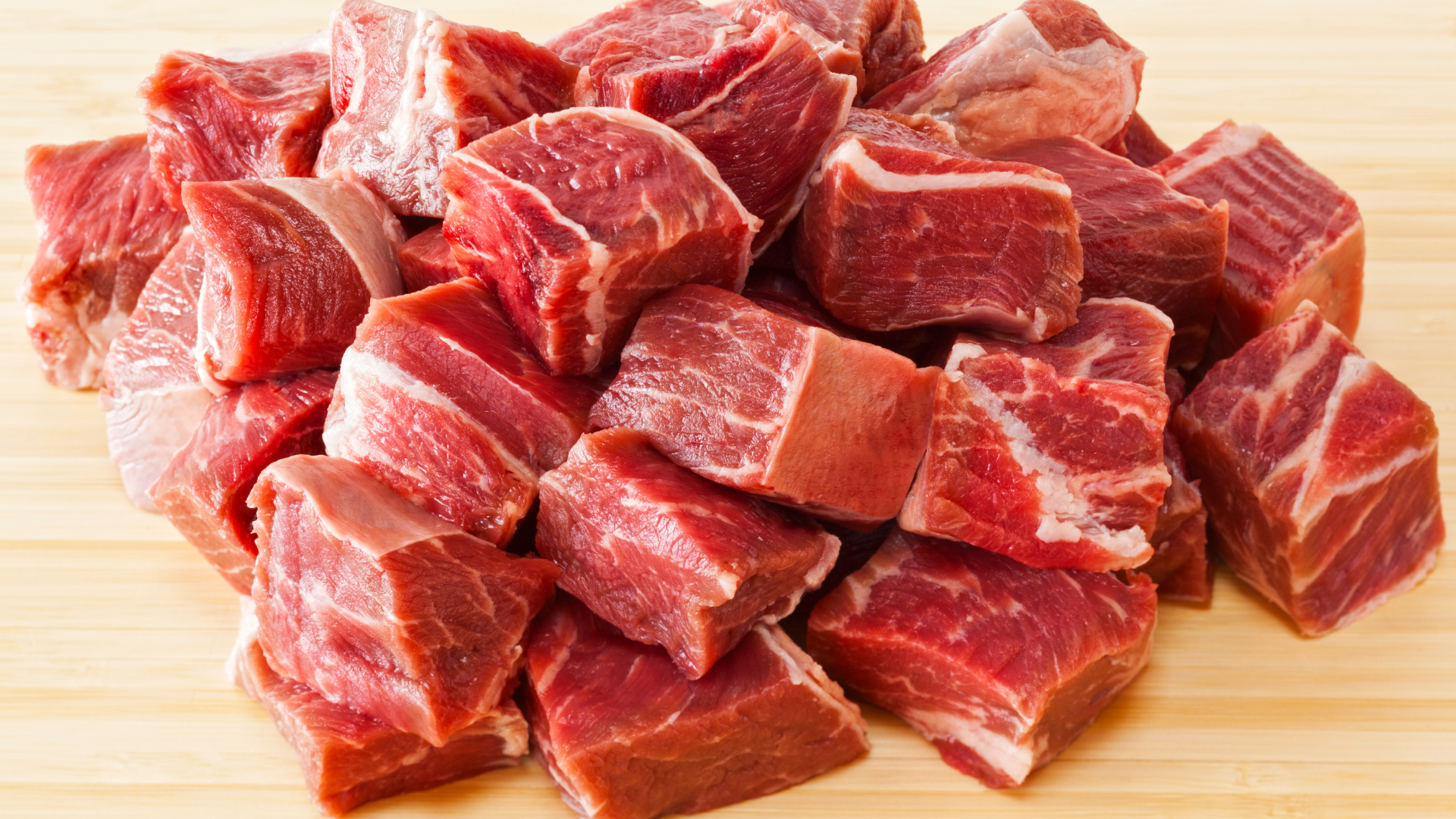Sustainable food procurement is concerned with the purchasing of goods in a way that results in minimal adverse impact both socially and environmentally as well as economically.
Governments around the world are placing increasing regulatory pressures on organisations to force action on their own core ESG priorities. In March 2021, the EU’s Sustainable Finance Disclosure Regulation (SFDR) came into force, obliging a broad set of companies to proactively publish the details of their progress on sustainability, including carbon reduction. Similar policies are expected to follow. Consumers are also becoming increasingly concerned with product sustainability in terms of impact on the environment and society. As a result, food businesses and in particular food procurement teams must place new focus on improving their sustainability credentials to maintain a competitive position.
The Rise of Sustainability in Procurement
For too long, food industry procurement teams have placed their primary focus on maintaining or increasing profit margins through lowering costs, without considering implications on society, the environment, or the economy. This has resulted in issues such as high food and non-food waste, child labour, underpaid labour, emissions, animal welfare and ingredient sustainability, remaining low on the priority list of procurement leaders.
It is estimated that 153.5m tonnes of food is wasted by the EU annually. This highlights the urgent need for procurement teams to rethink what they purchase to reduce wastage.
Shockingly, child labour is still an ongoing issue in the food industry. It is estimated that children that are forced to work instead of going to school have an increased likelihood of up to 30%, of being poor in later life. Similarly, unfair pay for farmers in underdeveloped countries means that those growing the crops that drive global supply chains, all too often end up living in poverty.
With that being said, the Food and drink industry, is making constant progress in improving the sustainability of the products and raw materials they procure. As previously mentioned, consumer preference for sustainable products and pressure from governmental bodies are two key driving forces in the rise of sustainable procurement. As this pressure continues to mount, businesses are becoming more conscious of their procurement practices and implementing strategies to mitigate or offset any adverse impact. Additionally, charities such as Fairtrade and trailblazers like food waste app Too Good to Go are providing new opportunities for procurement teams to operate more sustainably.
What lies ahead: the rise of sustainable procurement
We’ve seen the sustainable procurement trend becoming more prevalent in recent years with major companies such as Nestle and M&S committing to sourcing palm oil from more sustainable sources – A clear indication of where the industry is headed. As businesses continue to make new strides in sustainable food procurement there are several trends and challenges taking shape across the industry.
Company Structures are Changing
Increased focus on sustainability within the food industry is fast requiring specialist ESG expertise within teams – Be it in the form of Chief Sustainability Officers or Executive Boards – To set clear sustainability metrics for procurement. Additionally, developing and implementing a sustainable procurement strategy requires a high degree of collaboration and engagement between all parties in the supply chain. Therefore, it is critical that businesses ensure these newly created sustainability roles work in harmony with other procurement objectives to ensure all sourcing and procurement decisions are considered through the lens of these growing expectations around sustainability.
Sustainability Scoring
There has already been movement towards providing sustainability information on food labels, with the aim of empowering consumers to make more informed choices. A new study in Behavioural Public Policy has suggested that eco-scoring on food products on menus could prompt consumers to opt for the more sustainable menu option. The study saw 84% of participants opting for the more sustainable menu options under the eco-labelling condition, compared to 69% when eco-labelling was not applied to the menu.
An ‘eco-labelling’ pilot scheme from Foundation Earth concluded that on-pack labels are the most effective way to achieve transparency and that consumers place significant value on the independent verification of eco-labels. Whilst it remains a voluntary practice for now, with no policy to standardise or monitor the use and validity of such labels, we will likely see increased adoption of eco-labelling across the industry over the next few years. This in turn will see pressures mounting for a dedicated eco-labelling policy to be developed, which will in turn create new pressure for food businesses to procure more eco-friendly products and ingredients.
Supporting Local Economies
As Consumers are becoming more aware of sustainability and the carbon footprints associated with the food they consume, preferences have shifted from exclusive ‘superfoods’ to locally grown produce. This trend ticks all the boxes when it comes to social, economic, and environmental sustainability. Supporting local producers keeps money flowing within the local economy, in turn providing finances to fund local jobs. Additionally, food can get from farm to fork with much fewer miles on the clock, resulting in the foods we consume having a lower carbon footprint.
Impactful CSR Partnerships
CSR partnerships within the business world have historically been more of a PR exercise than anything. However, as consumers become wiser to greenwashing tactics and businesses realise the importance of sustainable procurement, impactful CSR partnerships have become more prevalent within the food industry. For instance, companies are making commitments to only purchase fairtrade products, partnering with 100% recyclable packaging firms – And more recently Aldi’s partnership with surplus food app ‘Too Good To Go’ in a bid to tackle food waste within the business. All this circles back to the rise in sustainable food procurement and how businesses can counteract any missteps such as overbuying, through impactful CSR initiatives.
Natalie Thorpe
A graduate of Letterkenny Institute of Technology, Natalie studied Visual Communication and Graphic Design. When she's not creating up new designs for company materials and branding, writing, compiling marketing plans or implementing new UX strategies, you'll find her roaming a deserted beach in search of her disappearing dog, or soaking up different cultures on her globetrotting adventures!
Stay up to date
Stay up to date
Browse Posts
- February 2026
- January 2026
- December 2025
- November 2025
- October 2025
- September 2025
- August 2025
- July 2025
- June 2025
- May 2025
- April 2025
- March 2025
- February 2025
- January 2025
- December 2024
- November 2024
- October 2024
- September 2024
- August 2024
- July 2024
- June 2024
- May 2024
- April 2024
- March 2024
- February 2024
- January 2024
- December 2023
- November 2023
- October 2023
- September 2023
- August 2023
- July 2023
- June 2023
- May 2023
- April 2023
- March 2023
- December 2022
- November 2022
- October 2022
- September 2022
- August 2022
- July 2022
- June 2022
- May 2022
- April 2022
- March 2022
- February 2022
- January 2022
- December 2021
/1.%20HubSpot%20Images/procurement%20forecasting%20tool%20ipad%2022-1.png)
/Blog%20Headers/shutterstock_1927957907%20(1).jpg)
/Blog%20Headers/shutterstock_1845178195%20(2).jpg)
/Blog%20Headers/shutterstock_2133827717%20(1).jpg)
/Blog%20Headers/shutterstock_2473376713.jpg)
/Blog%20Headers/shutterstock_2474442759.jpg)





.png)
/Blog%20Headers/shutterstock_1550290670.jpg)
/Blog%20Headers/How%20Meat%20Processors%20Can%20Optimise%20Pricing%20and%20Supply%20with%20Data-Driven%20Procurement%20and%20Production%20Tools.jpg)
/Blog%20Headers/shutterstock_2360370381.jpg)
/Blog%20Headers/Understanding%20the%20role%20of%20risk%20management%20in%20food%20safety.jpg)

/Blog%20Headers/SEO_How%20meat%20processors%20can%20optimise.jpg)
/Blog%20Headers/shutterstock_2479011393.jpg)
.jpg)